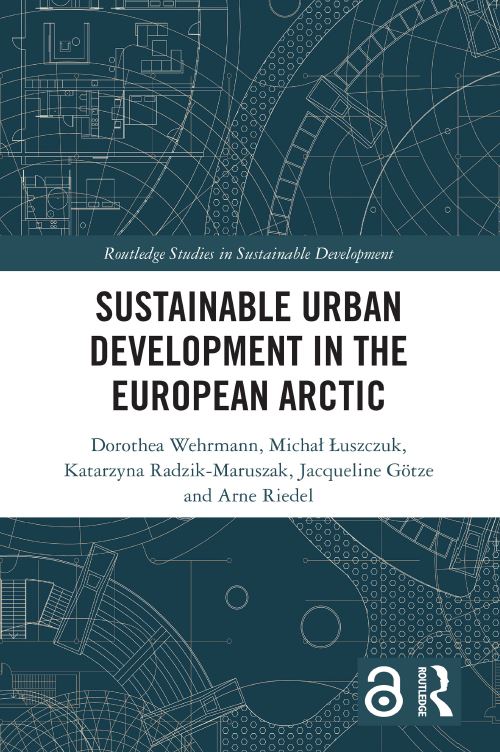© Fenja Kroos, 2025
The Arctic is experiencing unprecedented warming; the region warms four times faster than the global average. These changes affect ecosystems at every level, from microscopic phytoplankton to fish such as the Arctic cod, which play a key role in the food web. In order to gain a better understanding of these processes, researchers from seven German universities and research institutes are investigating the long, dark winter months. The YESSS (Year-round EcoSystem Study on Svalbard) project is led by the Alfred Wegener Institute, Helmholtz Centre for Polar and Marine Research (AWI). It's funded by the German Federal Ministry of Research, Technology and Space (BMFTR) as part of the government’s polar strategy.
Analysing Governance Frameworks for Arctic Ecosystems
Ecologic Institute is responsible for the governance aspects in Work Package 5. The team’s task is to analyse the governance frameworks that influence Arctic ecosystems and to identify where adaptive management strategies could strengthen resilience. For this purpose, Ecologic Institute brings together the research results of YESSS that are relevant for governance, and investigates local, regional, and international legal and policy frameworks, including those shaped by the Svalbard Treaty and the UN Convention on Biological Diversity.
Developing Adaptive Governance Recommendations
Building on this foundation, Ecologic Institute develops recommendations towards a more adaptive governance framework that can help maintain the stability of Arctic ecosystems in the face of rapidly changing climatic and environmental conditions. These options will be tailored both to the unique conditions of the Svalbard archipelago and explore their transferability to comparable Arctic regions, offering pathways for adaptive, sustainable management.




